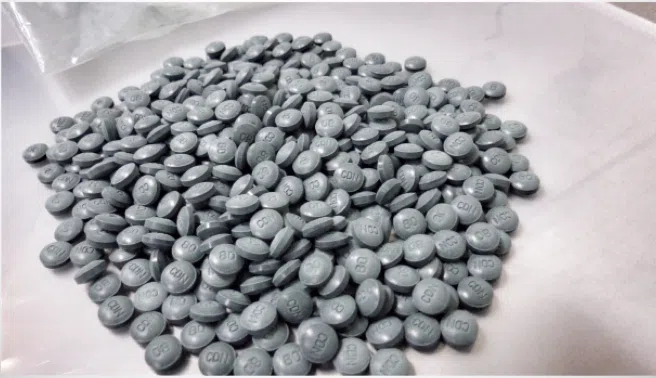
Expert says painkillers are the hallmark drugs of the 2000s
KAMLOOPS — You might be familiar with the hallucinogenic phase of the 1960s, or the cocaine wave of the 1970s and 1980s.
Now, experts are warning of the “painkiller” phase of the 2000s.
And with fentanyl overdose deaths on the rise, a Kamloops expert in substance use, addiction and rehabilitation says it’s time to start dialogue with our young people.


